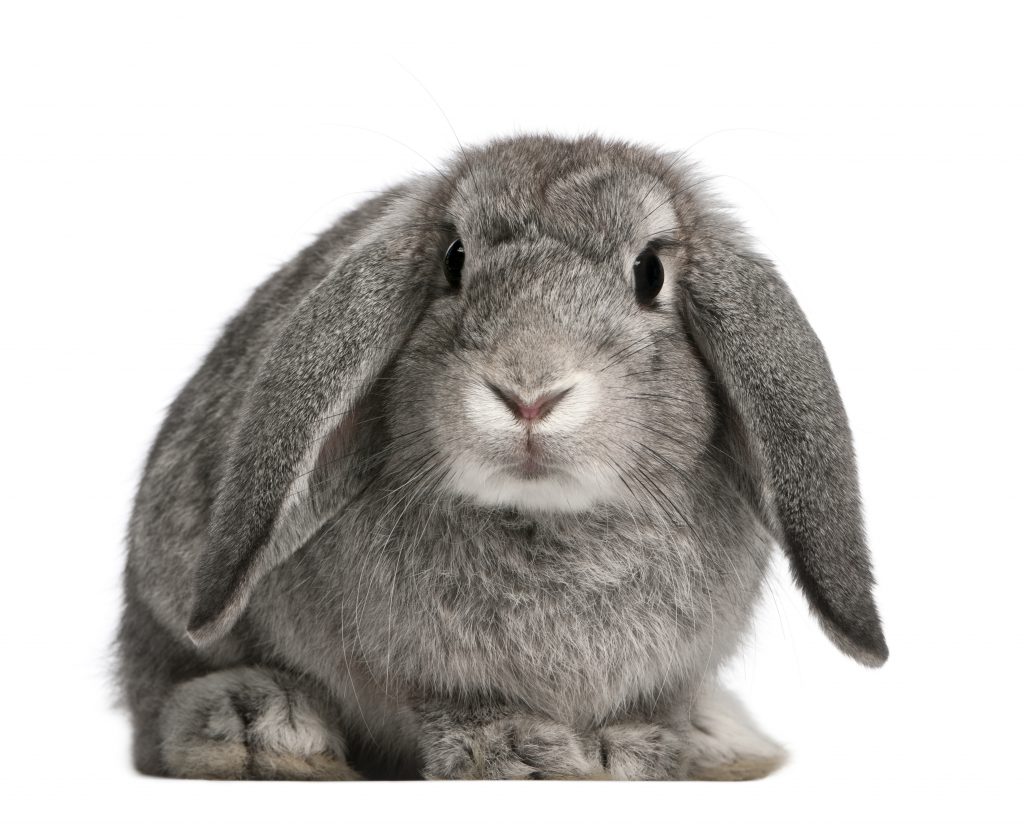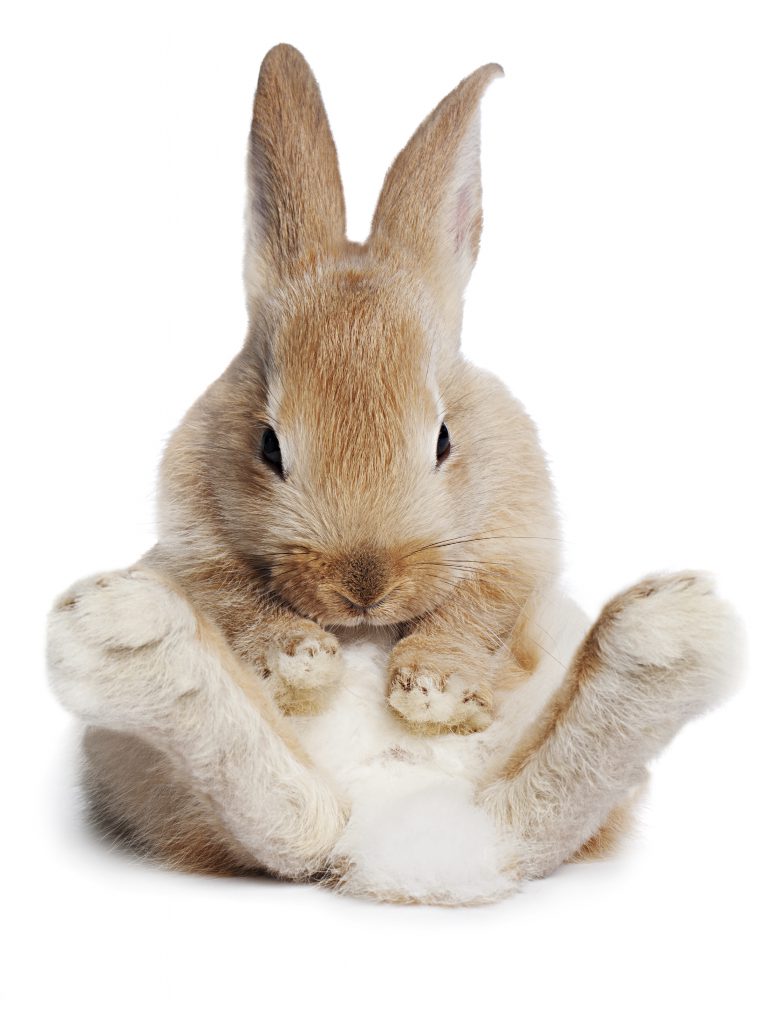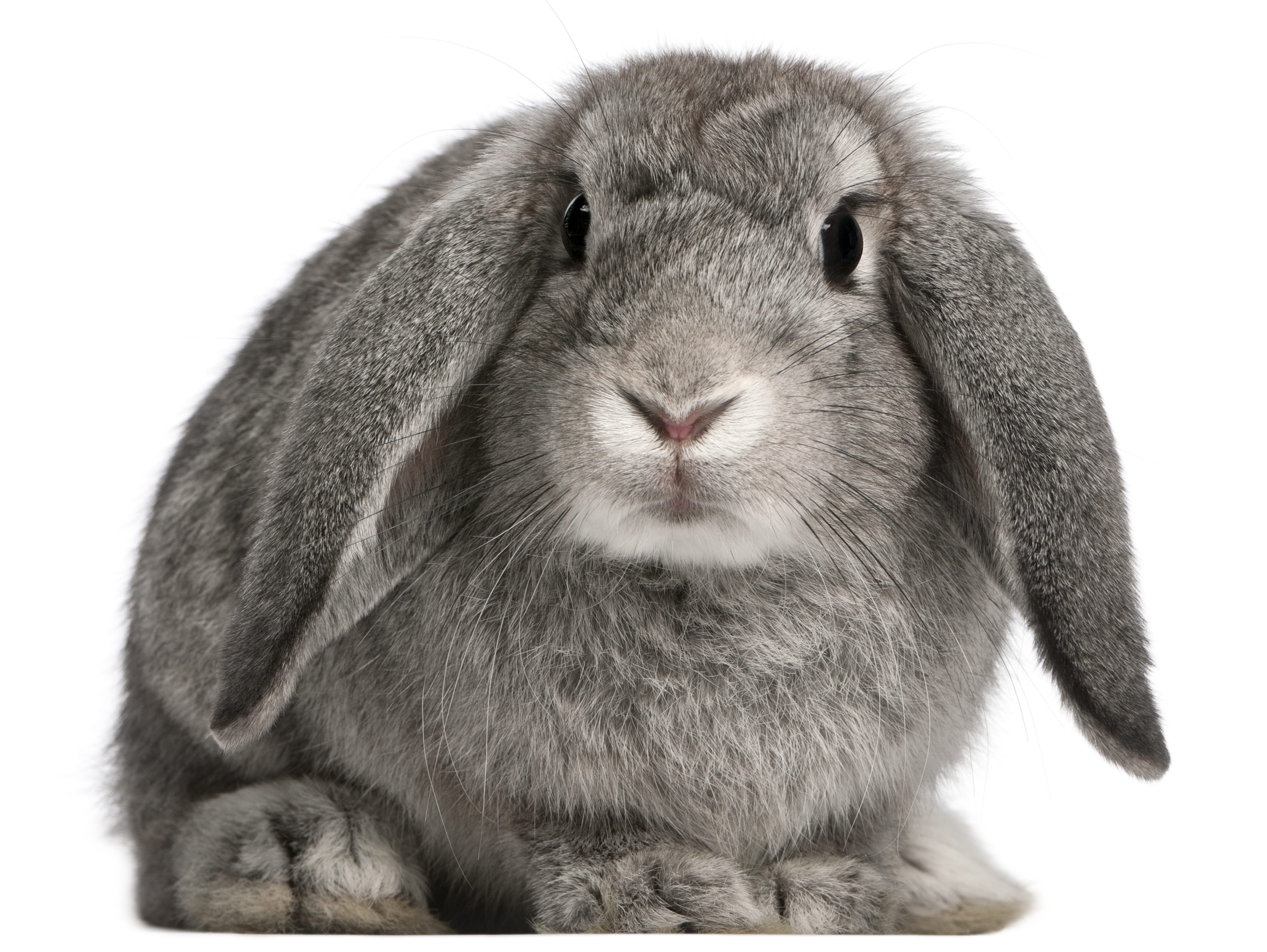Do the products in your salon test on animals? There are new Australian Federal laws planned for 2017 that will outlaw the practice of testing cosmetic products and ingredients on animals. We ask beauty brands to weigh in.

With an estimated 27,000 animals subjected to live testing every year around the world, the Australian Federal government has proposed a ban on cosmetic testing on animals in Australia. This will include all new cosmetic products including perfumes, makeup and skincare. Product ingredients that have undergone animal testing will also be banned
The RSPCA has welcomed the planned federal government ban, which could be in place from next year. “We look forward to examining the detail of the Coalition’s proposed legislation, and its proposed timetable for implementation,” says RSPCA chief scientist Dr Bidda Jones. “RSPCA Australia has been consulting with all political parties on this issue for several years, and we have overwhelming support from Australians.”
Currently there is no legislation banning companies from testing cosmetic products or their ingredients on live animals. Australian stores, salons and clinics are currently still able to stock cosmetic products from overseas that have been tested on animals or contain ingredients tested on animals.
The new plans, announced by Assistant Health Minister Ken Wyatt (and backed by Labor and the Greens), would bring Australia into line with the European Union and New Zealand by July 1, 2017.
“I can’t see any reason why Australia shouldn’t follow suit, which is why a Coalition government will legislate this change if re-elected,” Ken Wyatt said in a statement. “We acknowledge animal testing is essential in certain scientific contexts such as medicinal drug development but we want to make sure that it’s only used in ethically justifiable circumstances.”
Under the new plan, new products would be banned, while existing brands and products would not need to be removed from sale. Animal testing for medicinal clinical trials, medicinal drug development and medicinal studies would continue.
It is definitely a step in the right direction say beauty brands who have long had a concern for animal cruelty.
“La Clinica is delighted and relieved that finally there will be changes to help stop the barbaric and heartless testing on animals that is conducted for the skin care industry,” says Rita-Marie Hopfner, Founder & Owner of La Clinica. “Animals do not have a voice so it us up to us to speak out and act to protect these innocent creatures.”
Dr Geoffrey Heber, founder of Ultraceuticals has been a long and firm believer in not testing on animals, preferring to patch rest on Humans “to ensure not only efficacy but safety”, he says. In fact Heber takes the matter of animal testing one step further by saying that cosmetic testing is a process that “can only be achieved on actual humans, not animal skin”.
“[At] Ultraceuticals we have a very firm belief in being ‘cruelty free’ for our deep and sincere love for animals,” says Dr Heber. “To see the physical torture these poor animals go through is horrendous, so we refuse to endorse this. This is also important for our customers who demand products to be not tested on animals.”
But it’s not just a matter of cosmetics brands stating they are cruelty free; it has to be verified by an independent and official body.
“Many companies claim to be ‘not tested on animals’ but unless there is independent certification the claim cannot be proven,” says Heber. “To be able to hold the iconic rabbit logo on packaging means that every ingredient used within the cosmetic preparation must be individually tested to ensure absolutely no animal testing has taken place – making this a guarantee that that the product is 100 per cent confirmed cruelty-free by the Coalition for Consumer Information on Cosmetics.”
Another brand that is strictly by the book when it comes to animal cruelty is mineral makeup brand INIKA. “As a cosmetics company that is extremely passionate about advocating against animal testing, our Australian cruelty free certifications are crucial in being a leading cosmetic brand,” says Tony Rechtman, CEO of INIKA who says that consumers are more aware than ever about animal testing.
“With our strict ingredient criteria all of our products are Certified Organic, Vegan, Halal and Cruelty free. We are committed to maintaining these certifications as consumers are becoming more socially aware than ever, demanding cosmetics that align to their values,” continues Rechtman. “The ban on all animal testing for Australian manufactured cosmetic companies is an example of this type of demand to do what is right and to prevent unnecessary harm for those who cannot speak up for themselves.”

Nail polish brands are often finger-pointed as serial offenders when it comes to testing their products on animals. But there are exceptions, including nail brands such as Faby and Bio Sculpture.
“Any laws that restrict and prevent the sale of cosmetic and nails products which have been tested on animals is greatly encouraged and supported by all of us at By Bio Sculpture,” says Brad Bergmann, general manager at Bio Sculpture Australia. “Our EVO and Bio Sculpture nail gel products are 100 per cent vegan and “Cruelty Free”, and we hope that this is a growing trend which is shared and echoed by nail professionals and the broader cosmetic industry.”
Laws like these will help bring further awareness to consumers who are already well on their way to becoming fully informed about cosmetics brands testing on animals. Dr Jones says that consumers are upset by “cruel and unnecessary practices” being played out currently in the cosmetics industry.
“We have overwhelming support from Australians,” says Dr Jones.
The plan for a 2017 implementation of the new law is designed to give industry and retailers time to transition to non-animal tested products. According to Mr Wyatt, animal testing is no longer needed and it’s time Australia stands up for animal rights.
“I can’t see any reason why Australia shouldn’t follow suit, which is why a Coalition government will legislate this change if re-elected,” says Mr Wyatt.
Many household beauty names are still testing on animals. The RSPCA has named 18 of them in their Makeover the World campaign, a campaign that states that there’s no better time than right now to make some positive changes.
Have your say: What importance does your salon put on using cruelty-free products? Do you welcome in the new changes?

